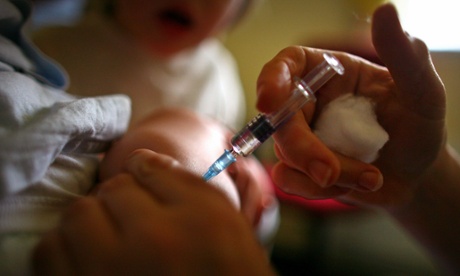
It is the “cutting season”. A time when a summer holiday visiting relatives can, for some young girls, involve being held down by a group of women while their genitals are mutilated. Sometimes, as part of the process, their wounds are even sewn back together with thorns. These young children endure unimaginable pain and suffer a lifetime of serious health problems because of this cruel practice – female genital mutilation (FGM).
I am writing to the NHS today to ask them to ensure their staff are extra vigilant as we enter the school summer holiday period. I am also asking them to ensure that staff are aware of the support and resources available to them to assist them to do all they can to stop this practice, which can truly devastate lives.
Many health professionals will be all too well aware of the catalogue of health difficulties that FGM causes. The lifetime of infections, incontinence, menstrual complications. Not to mention severe difficulties in childbirth and the emotional and psychological trauma that can destroy the brightest of futures. This illegal practice cannot continue – it is child abuse and we want it to stop.
How can we stop FGM from happening? Health professionals are in a unique position and so play a major role in eliminating FGM – many will see and treat the health problems caused by FGM in their daily work. They must take action to protect girls from FGM using their local safeguarding procedures. They must speak to families about the practice and should be confident to ask women if they themselves have had FGM. They should provide information about FGM such as the FGM Patient Information Leaflet and the wallet-sized statement opposing FGM (sometimes called the health passport).
This is important because extended family members, for example grandparents living abroad, may still believe that FGM is positive, beneficial even, and they may pressure girls and their families to undergo it when they visit. We need to ensure that they know that FGM carries severe and grave health risks, is child abuse, is illegal in the UK, and that our laws extend to cover girls taken overseas. This is particularly significant because the Serious Crime Act 2015 will later this month introduce FGM protection orders. These will extend the reach of extra territorial offences, meaning that habitual as well as permanent UK residents are now covered by the FGM legislation.
There is a real need for extra vigilance across health sectors at this time of year. I urge all health professionals to ask themselves the extra questions when they see a family with young daughters attending for travel inoculations, or talking about attending a “special” ceremony back home, or taking an extended break from school this summer. If you have any suspicions you must follow your local safeguarding procedures as for all other suspected child abuse. That is because every girl we see with FGM is a girl that we could have saved from a lifetime of misery and pain.
This is not an easy subject to broach. So I really want to empower staff and support them with the tools they need to feel confident to do this. You can go on to the e-learning for healthcare platform and access, free of charge, high-quality professional training with five sessions that talk about FGM, how to talk to patients about this, and the support and care that FGM survivors need.
I launched my department’s national FGM prevention programme last year in partnership with NHS England at the Girl Summit. The aim of the programme is to improve the NHS response to FGM by ensuring that we do all we can to care for women with FGM, prevent it from happening, and protect girls at risk. As a result, we now have FGM data collection via patient healthcare records, giving us the first accurate picture of FGM prevalence in the NHS.
FGM is everybody’s business. Thank you for the efforts so many of you have made so far. If we keep working together we can end FGM in a generation.
Resources
- NSPCC helpline, which can support healthcare professionals with questions or concerns about FGM – 0800 028 3550
- FGM safeguarding guidance (pdf)
- FGM commissioning guidance (pdf)
- FGM patient information leaflet
- NHS Choices FGM webpage

